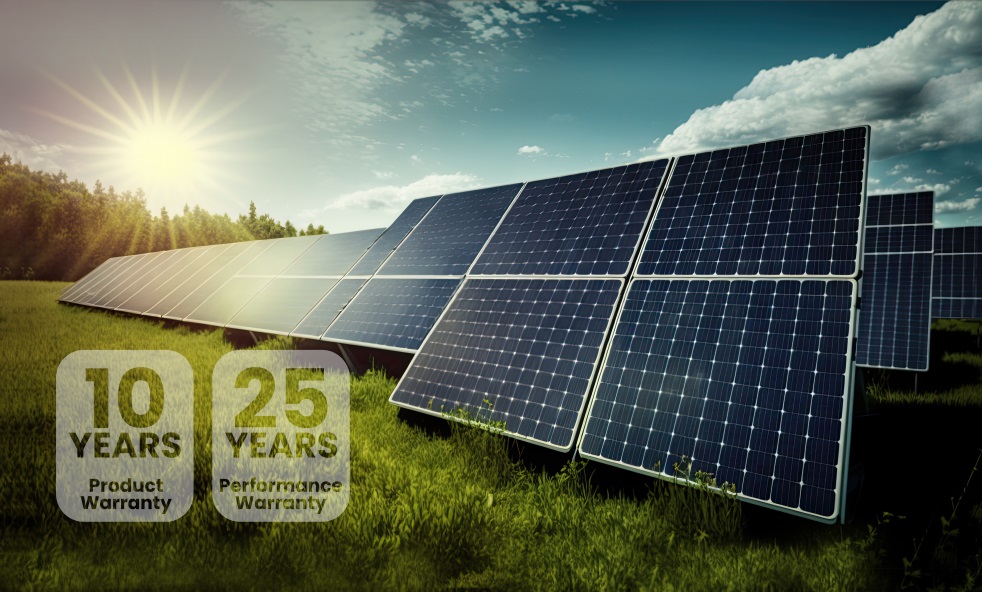
Solar panels are becoming more desirable energy source for the businesses and homeowners who want to use clean, renewable energy. The growing popularity of solar power is not unexpected, because using this technology may lead to reduced monthly energy bills and a lower carbon footprint. However, as with any other significant financial commitments, you must safeguard your solar panel installation. Understanding the terms of your solar panel warranty in detail is essential for its protection. This blog will explore the solar panel warranties, including what they cover and what to look for in a provider.
Let’s start with the basics of solar panel warranties before getting into the details. A formal guarantee that defines the terms and conditions under which the solar panels are protected from defects, performance complications, and other possible problems is basically a solar panel warranty, and the manufacturer, installer, or both can issue this to buyers. Usually, there are two primary categories of these warranties:
The manufacturer’s warranty, often known as the product warranty, covers problems and flaws with the solar panels. Coverage for craftsmanship, material quality, and manufacturing flaws is included. Most solar panel manufacturers give warranties in the range of 20 to 25 years, while product warranties may run anywhere from 10 to 25 years. The manufacturer is more confident in the performance and longevity of its panels if the product guarantee is longer.
This ensures that the solar panels will generate a certain amount of electricity over time. It details the anticipated degradation rate or the yearly pace at which the panels’ efficiency declines. For instance, a typical performance warranty would ensure that, after 25 years, the discussions will continue to generate at least 80% of their original output. If the panels fall short of this performance standard, the manufacturer or installation will compensate the system owner.
Notably, while the manufacturer usually provides the product guarantee, the installer or the manufacturer may give a separate performance warranty. This difference matters in determining the extent of your warranty.
After learning about the two primary categories of solar panel warranties, let’s examine the typical coverage under these agreements:
Product Warranty Coverage

To make sure you have enough protection for your investment, there are a few important considerations to take into account when selecting a solar panel warranty provider:
Understanding and obtaining the appropriate warranties is a critical first step in using solar panels to produce clean, sustainable energy. Solar panel warranties offer peace of mind and investment protection, including product and performance guarantees. Consider things like warranty length, coverage, reputation, transferability, and cost compared to the total cost of the system when assessing warranty providers. By researching and choosing a reliable warranty provider, you may enjoy the advantages of solar energy for many years to come, secure in the knowledge that your investment is protected against unanticipated problems.
